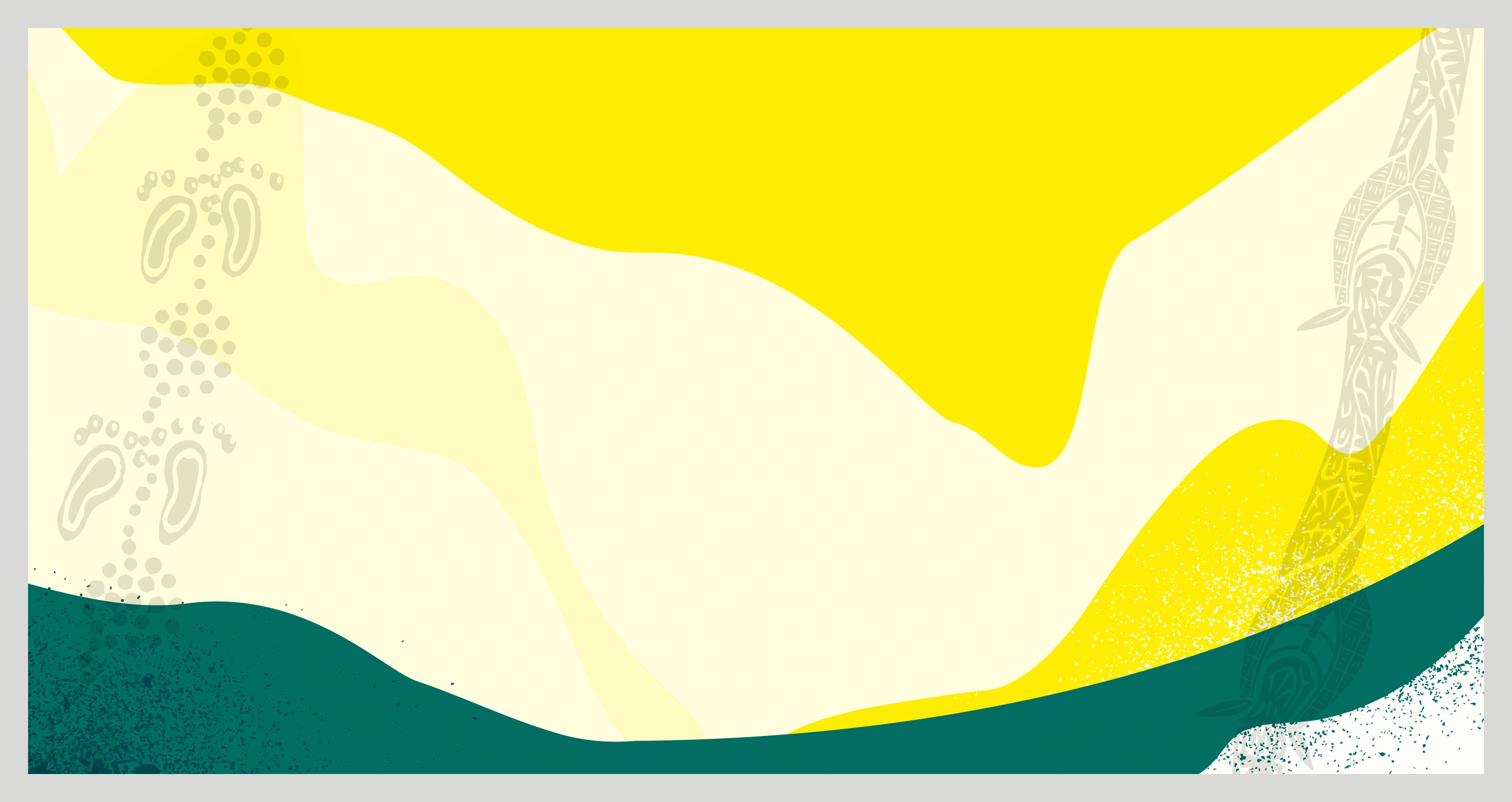Boxer Marisa Williamson Pohlman didn’t win her bout in Paris but just making it to the Olympic ring is a “miracle” for the proud Ngarrindjeri woman.
The 22-year-old has faced bigger life challenges than the right hook of her Hungarian opponent Anna Luca Hamori in the women’s 66kg round of 16.
Succumbing 30-27 in the three-round fight pales into insignificance when you understand Williamson Pohlman’s life journey.
In the child foster system by age 13, homeless, suffering mental health conditions, her life story is both heartfelt and inspiring.
Sport has been her saviour, and boxing at the Olympic Games, defeat or not, her greatest victory.
Yesterday, with her adopted parents among the thousands of spectators at the North Paris Arena, Marissa showed the tenacity of a champion.
Not just of boxing, but of life.
“It's heartbreaking obviously to go down,” Marissa said after the bout.
“I had my sights on a gold medal, but that's just boxing isn't it?
“It's been a hard five years; being in care and then leaving care and being homeless.
“To be standing here in front of you today is a miracle.”
The milestones Marissa’s made in Paris aren’t just personal.
By stepping into the ring she became the first Aboriginal woman to compete for the Australian Olympic boxing team.

She is also a member of the biggest Australian boxing team – a 12-strong team that had the most representatives of any nation at the Games.
Boxing has become Marissa’s identity, her saviour and purpose.
Even while she was processing the defeat, she was quick to encourage other young Australians who might be struggling to find their passion.
“I really hope that people find things like boxing, like the way I have, it's been the most reliable thing in my life,” she said.
“It’s something I could always go back to.
“We all need that, whether that's a reliable adult, a reliable community program, a reliable school teacher, just something a child can rely on and lean on when things are getting hard.
“Something or somewhere they can flourish and become a really amazing adult and have an amazing life.”
Like most boxing champions, Marissa has a team of support in her corner.
Her foster parents, and her coach Kel Bryant, are pivotal in her sport and life.
Kel’s gym, the not-for-profit Collingwood Youth Boxing Club in Melbourne, boasts 17 national titles, more than any other gym in Australia. He took Marissa on, not for her skill but for her determination.
“There are so many people that have made Marissa, Marissa,” she said in thanks.
“Obviously my foster parents, who took me in at 18.
“I was leaving care and homeless and really raised me to be the woman that I am.
“And my coach Kel…I wouldn't be here without him.”
Catriona Dixon

